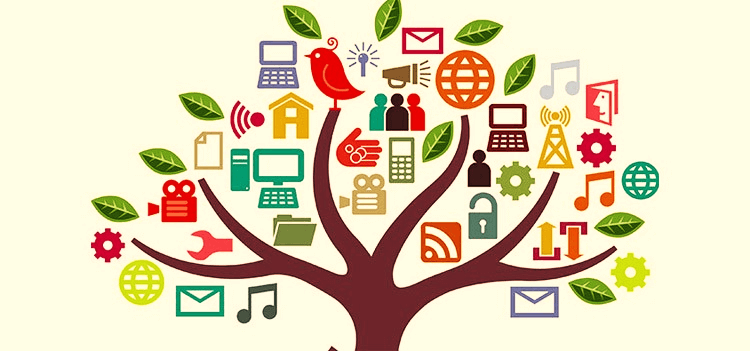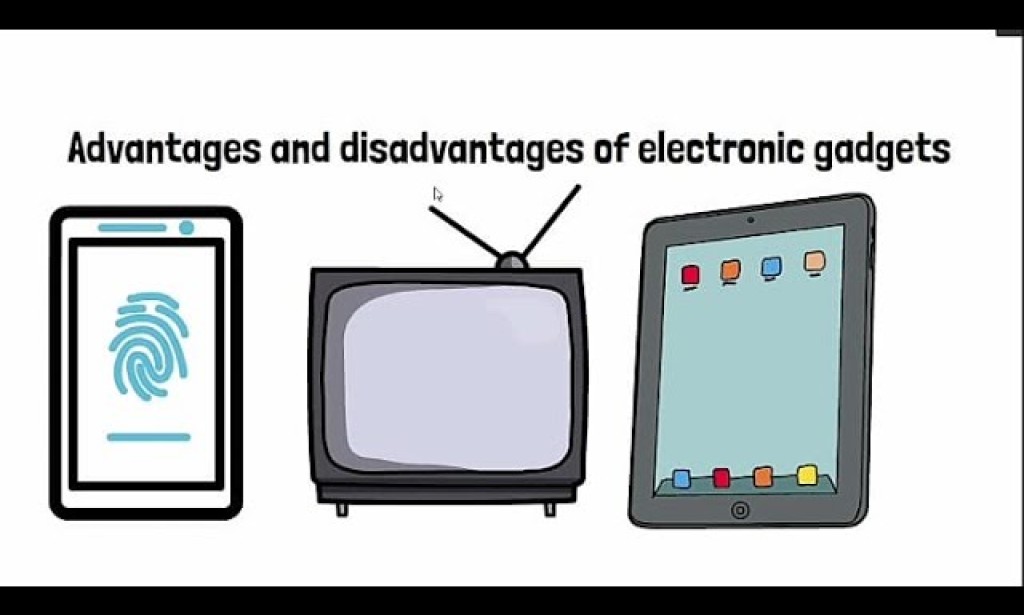In today's technologically advanced world, electronic products have become an integral part of our daily lives. From smartphones and laptops to smart home devices and wearable technology, we rely heavily on these electronic gadgets for communication, entertainment, and convenience. However, it is crucial to understand both the importance and unimportance of electronic products to strike a balance that promotes mindful and responsible usage.

The Importance of Electronic Products:
Communication and Connectivity:
Electronic devices have revolutionized communication, allowing people to connect with each other across vast distances in real-time. From phone calls and text messages to video chats and social media platforms, these products enable seamless communication, fostering relationships, collaboration, and global connectivity.
Access to Information:
Electronic products provide us with easy access to a vast pool of knowledge and information. The internet, search engines, and online libraries empower us to learn, explore new ideas, and stay informed on a wide range of topics. This accessibility enhances education, research, and personal growth.
Efficiency and Productivity:
Electronic devices streamline tasks, automate processes, and boost productivity. They facilitate work-related activities, such as email communication, document creation, and data analysis, making businesses more efficient and individuals more productive. Additionally, electronic tools and software aid in organizing schedules, managing projects, and enhancing time management skills.
Entertainment and Recreation:
Electronic products offer a plethora of entertainment options. From streaming services and gaming consoles to e-books and virtual reality experiences, these devices provide an escape from daily routines, allowing relaxation and enjoyment. They also serve as platforms for creative expression, enabling people to create and share their art, music, and videos.

The Unimportance of Electronic Products:
Distraction and Addiction:
Excessive use of electronic devices can lead to distraction and addiction. Constant notifications, social media browsing, and the allure of online entertainment can divert attention from important tasks, impact productivity, and even hinder real-world social interactions. It is crucial to use these products mindfully, setting boundaries and managing screen time to prevent addiction and maintain a healthy balance.
Environmental Impact:
The production, use, and disposal of electronic products have significant environmental consequences. Extracting raw materials, manufacturing processes, energy consumption, and electronic waste management contribute to pollution, resource depletion, and electronic waste accumulation. It is essential to be aware of the environmental impact of these products and promote sustainable practices, such as recycling and responsible consumption.
Social Isolation:
Overreliance on electronic devices can lead to social isolation and a decline in face-to-face interactions. Spending excessive time online may create a sense of disconnection from the physical world, negatively impacting mental health and interpersonal relationships. Maintaining a balance between online and offline activities fosters healthier social connections and a sense of belonging.
Electronic products undoubtedly play a crucial role in our modern society, offering numerous benefits such as enhanced communication, information access, productivity, and entertainment. However, it is equally important to acknowledge the potential downsides, including distraction, addiction, environmental impact, and social isolation. Striking a balance between utilizing electronic products for their advantages while mitigating their negative aspects is essential for leading a fulfilling and responsible digital lifestyle. By practicing mindfulness, setting boundaries, and promoting sustainable habits, we can harness the power of technology while maintaining a healthy equilibrium between the virtual and real worlds.



You must be logged in to post a comment.